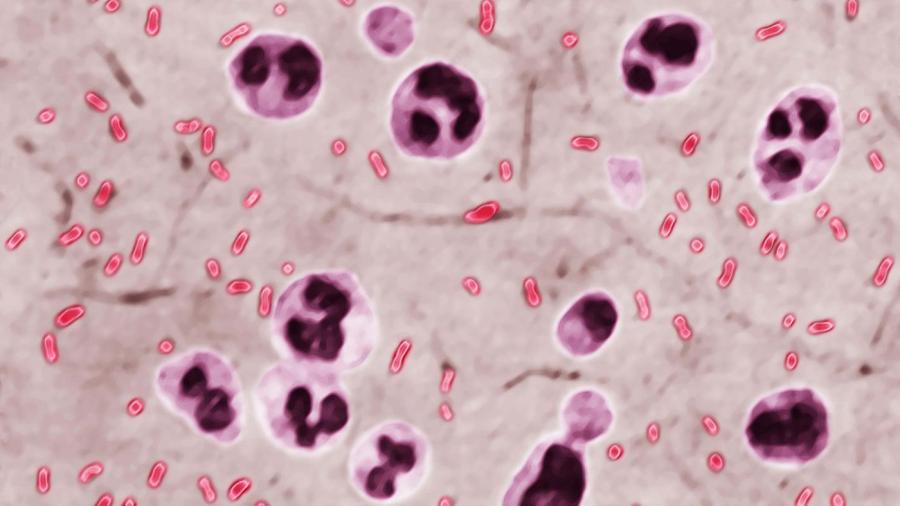Are All Viruses Contagious?

Microbe World explains that all viruses are infectious by their nature, but not all viruses are infectious to humans. A virus requires a living host cell in order to reproduce, but most viruses are specialized to infect only certain types of cells.
According to Microbe World, a virus is a bundle of genetic material coated within a protein shell known as the capsid. Microbe World relates that virus microbes can be as much as 10,000 times smaller than bacteria and the material inside of the shell consists of either RNA or DNA.
Dr. Ananya Mandal claims for News Medical that a virus is not considered alive on its own. Outside of its host cell, it is inert, and it needs the host cell of either a plant or animal to reproduce. The virus accomplishes this by either fooling the host cell into pulling it inside or by fusing itself to the exterior wall of the cell, where it takes over and destroys the cell’s normal functions.
According to Microbe World, virus particles exist almost everywhere in the environment. There are many ways that a virus gains entry into its host, including through contact with other infected individuals, breaks in the skin and inhalation. For example, News Medical states that cold and flu viruses seek out cells that line the respiratory tract. Then, once the assembly of the new virus particles is complete, the infected cells die, releasing new virus microbes to go on to repeat the process.





